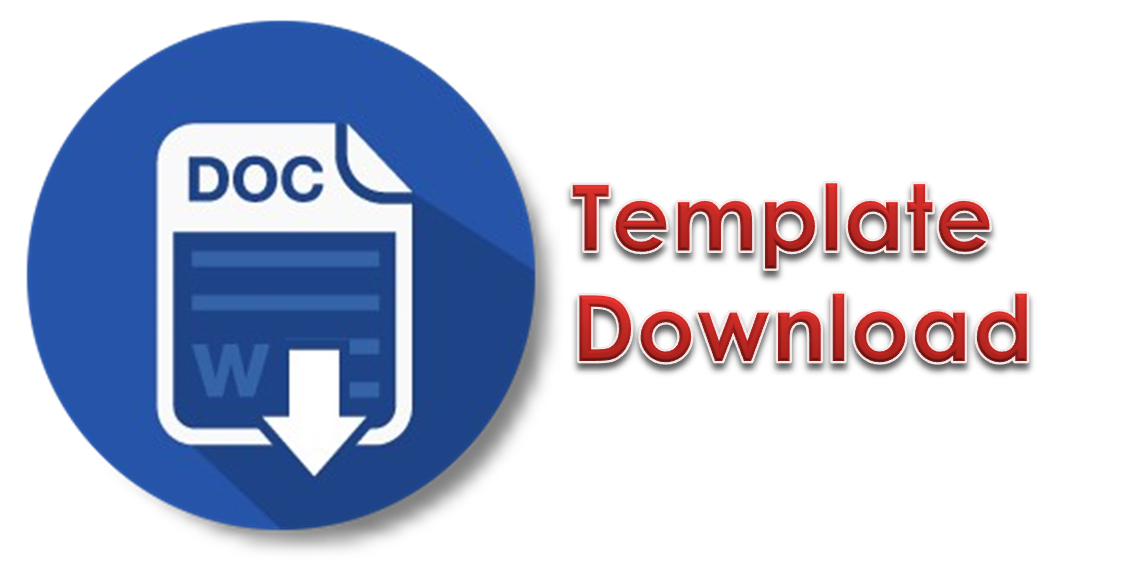Implementation of Sharia Principles in Managing Halal Certified MSME Business
DOI:
https://doi.org/10.35897/iqtishodia.v9i1.1520Keywords:
Sharia Compliance, Halal Certification, MSMEs, Business ManagementAbstract
The rapid growth of the halal industry in Indonesia has heightened the importance of Sharia compliance in business management, particularly among micro, small, and medium enterprises (MSMEs) in Malang. This study aims to explore the extent of Sharia principles implementation in halal-certified MSMEs and the challenges they face in aligning their operations with Islamic guidelines. Utilizing a qualitative approach, in-depth interviews and observations were conducted with MSME owners to gain insights into their experiences. The results indicate that while many MSMEs actively implement Sharia principles in areas such as sourcing halal materials and ethical marketing, they encounter significant challenges, including limited access to certified suppliers and a lack of understanding of halal regulations. Furthermore, the study reveals that adherence to Sharia compliance enhances customer loyalty and trust, thereby improving business performance. This research contributes to bridging the gap between theory and practice in Sharia-compliant business management and provides practical recommendations for MSMEs to optimize their operations within the halal framework.
Downloads
References
Ahmad, N., Rahman, H., & Ibrahim, M. (2020). The relationship between Sharia compliance and financial performance in halal-certified businesses. Journal of Islamic Finance, 9(1), 23-34.
Haron, H., & Jalil, N. A. (2021). Theoretical framework of Sharia-compliant business management: Implications for micro, small, and medium enterprises. Journal of Islamic Business and Management, 12(2), 99-112.
Hasan, A., & Arif, M. (2019). Perceptions of MSME owners towards Sharia compliance: A qualitative analysis. International Journal of Islamic and Middle Eastern Finance and Management, 12(4), 511-525.
Ismail, A. (2017). Understanding Sharia compliance in business operations: A framework for MSMEs. International Journal of Islamic Economics and Finance, 5(1), 47-58.
Lestari, W., & Iskandar, I. (2023). Long-term benefits of Sharia compliance in business: Evidence from MSMEs. Asian Journal of Business and Accounting, 16(1), 71-85.
Marzuki, A., Abdullah, S. S., & Hassan, M. S. (2020). Sharia compliance and market competitiveness of MSMEs: A qualitative study. Journal of Business Research, 110, 80-88.
Mustaqim, M., & Hamid, H. (2021). Sharia compliance as a competitive advantage for MSMEs: An empirical study. Journal of Business Ethics, 164(3), 507-522.
Rahman, A., & Kosim, M. (2018). Trust and loyalty in Sharia-compliant MSMEs: A study of the halal market. Journal of Islamic Marketing, 9(2), 345-358.
Rahim, A. R., & Saifuddin, M. (2022). The impact of Sharia compliance on customer loyalty: Evidence from halal-certified businesses. Asian Journal of Business and Accounting, 15(1), 45-60.
Sari, Y., & Prihadi, B. (2020). The influence of Sharia-compliant marketing strategies on consumer behavior in halal industries. Journal of Marketing Research, 57(2), 148-162.
Syafii, M., & Nugraheni, D. (2019). Challenges in maintaining halal certification for MSMEs: A case study from rural Indonesia. International Journal of Islamic and Middle Eastern Finance and Management, 12(3), 402-415.
Syed, M., & Ahmad, N. (2020). Building trust through ethical business practices: The role of Sharia compliance in enhancing customer relationships. Journal of Business Ethics, 162(2), 251-265.
Yusof, R., & Azman, A. (2021). Building customer trust through Sharia compliance: Insights from Malaysian MSMEs. International Journal of Business and Management Studies, 13(1), 19-30.
Zainal, S., & Hamsah, S. (2022). Barriers to Sharia compliance in MSMEs: Educational and support needs. Journal of Islamic Business and Management, 14(2), 139-154.
Downloads
Published
How to Cite
Issue
Section
License
Copyright (c) 2024 Muhammad Nailul Author

This work is licensed under a Creative Commons Attribution-NonCommercial-ShareAlike 4.0 International License.


